This document, by the NEN, is intended for school senior leadership teams and provides an overview of what needs to be in place to keep school networks secure.
The 10 steps described here are adapted from the 2012 CESG document 10 Steps to Cyber Security. CESG is the information security arm of Government Communications Headquarters (GCHQ).
Make sure you understand where the responsibilities for maintaining all these systems and processes reside: some may be maintained in-house while others may be provided by your broadband supplier or another third party.
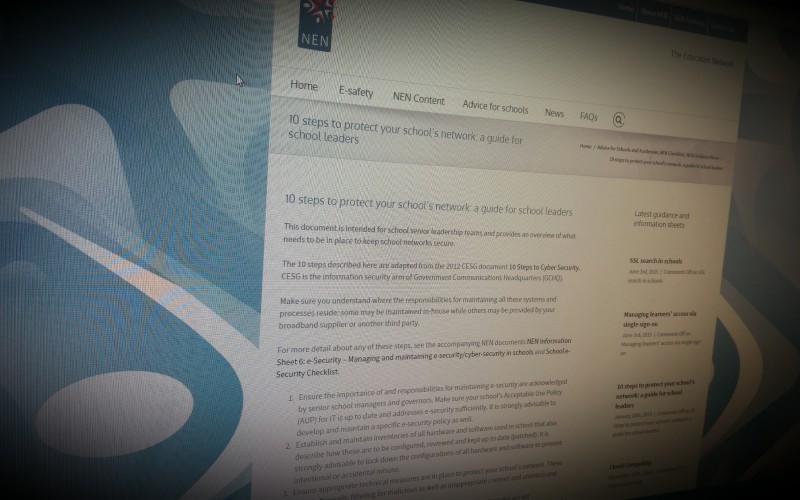
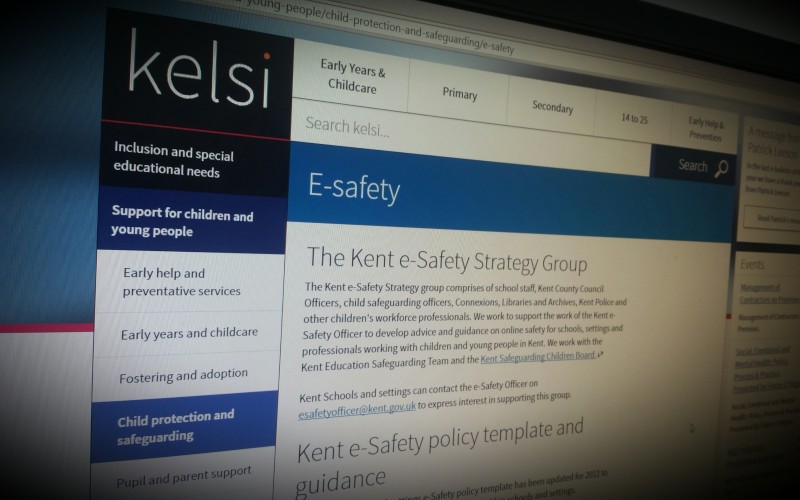
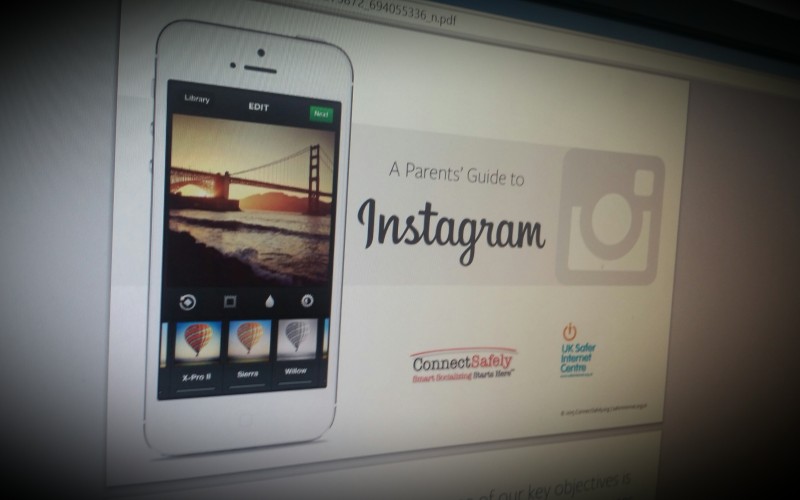
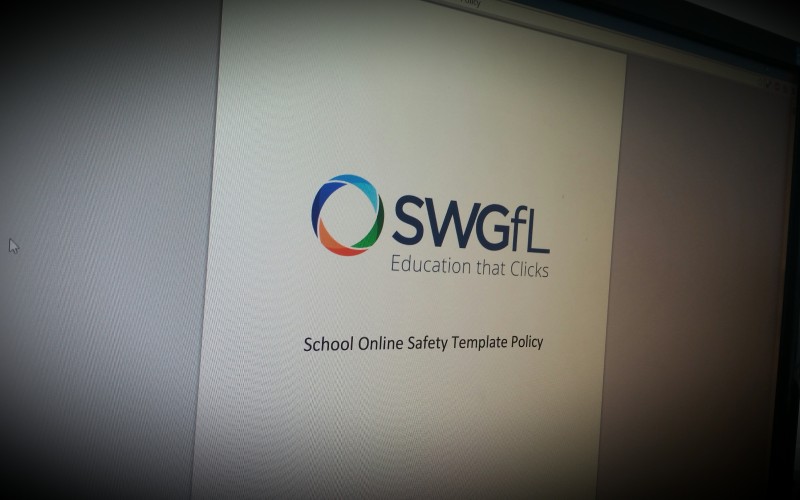
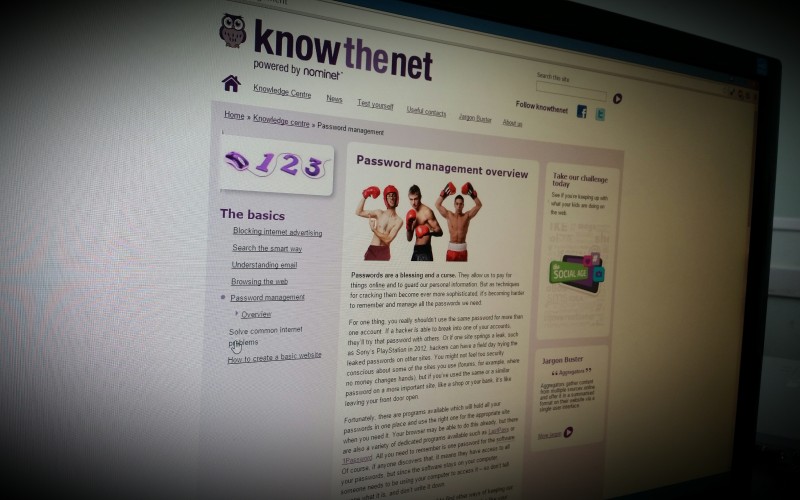
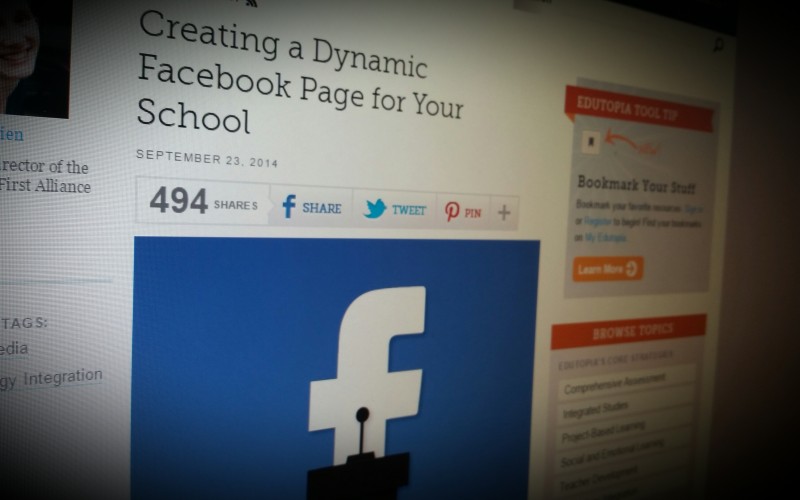
Comments
make a comment